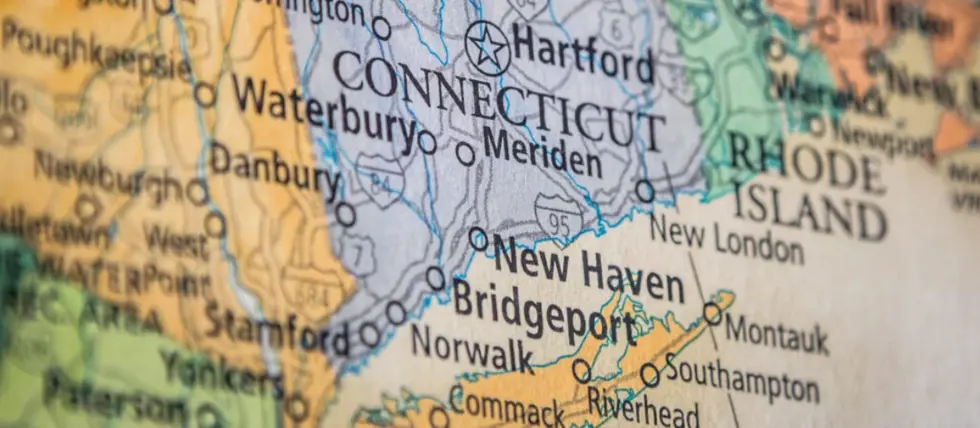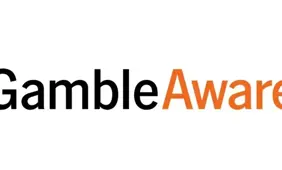Majority of Connecticut Gaming Revenue Comes from At-Risk Gamblers

A new report has found that half of all sports bets in Connecticut are placed by problem gamblers, who make up just under 2% of the state’s residents. The figures come just two years following the legalization of online casino gaming and sports betting in Connecticut.
A total of two-thirds of Connecticut residents gamble according to the report and close to 71% of legal gambling revenue in the state is derived from the less than 7% of residents who are at-risk or problem gamblers (4.9% and 1.8%, respectively).
However, it seems that there has not been a great uptake of gambling with the report finding that just 10% place bets on sports or online games, up just 1.8% from the last report in 2009.
Claims Industry Reliant on Problem Gamblers
The director of the Connecticut Council on Problem Gambling, Paul Tarbox, explained that the gambling industry tends to rely on a relatively small number of gamblers, not just in Connecticut but everywhere.
The study was led by Rachel Volberg, a University of Massachusetts professor, who explained that they calculated how much problem and at-risk gamblers spent by looking at a vast number of surveys in which gamblers provided details of their monthly spending.
A problem gambler is a person who has “impaired control over their gambling that is also associated with significant negative consequences for themselves or others” while an at-risk gambler has “problem gambling symptomatology and/or are gambling at very high levels similar to problem gamblers.”
Related: Star Entertainment Tackles Problem Gambling with Strict New Rules
Praise for Responsible Gambling Measures
Despite the report’s findings, there was also praise for the state’s efforts to address problem gambling saying that they were “quite proactive” and “a good model for the rest of the country.”
Nonetheless, it called for more outreach work explaining that a “minority of people with gambling problems were deterred from seeking help because of stigma, not believing treatment would work, being unaware of where to get help, and perceived costs.”
Furthermore, the report found that a third of people with gambling problems did not know that the state-operated a gambling helpline and that half did not know the state ran a centralized self-exclusion program.
More Responsible Gambling News
RELATED TOPICS: Responsible Gambling
Most Read
Must Read
 Interviews
Interviews
Sweepstakes Casinos: Thriving in an Ever-Changing Industry – Interview with Attorney Stephen C. Piepgrass
Feb 17, 2025 Interviews
Interviews








Review this New Post
Leave a Comment
User Comments
Comments for Majority of Connecticut Gaming Revenue Comes from At-Risk Gamblers